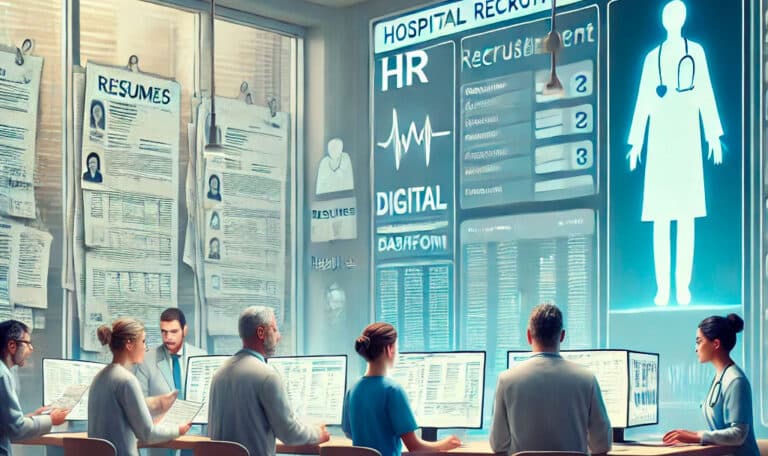Hospitals everywhere are facing a silent crisis — not a shortage of technology, but a shortage of people. From hiring delays to burnout and weak internal mobility, workforce inefficiencies now threaten the stability of entire health systems. This article explores how network intelligence and a connected talent ecosystem could redefine hospital workforce management for the decade ahead.





